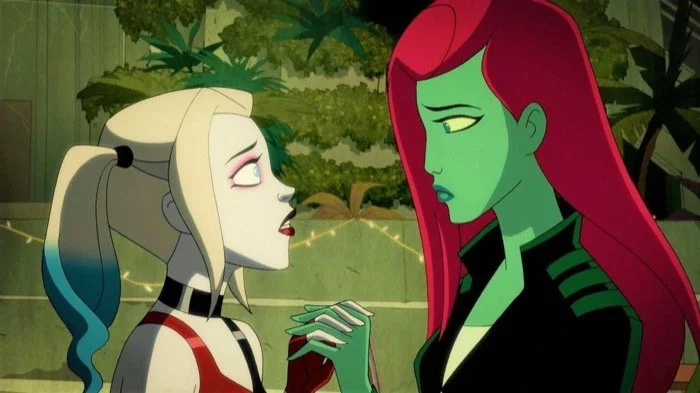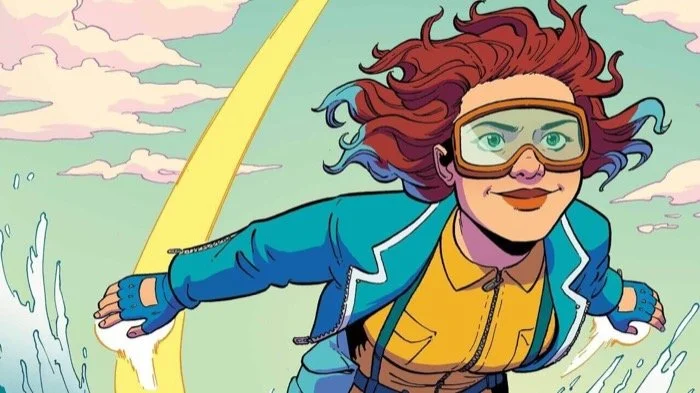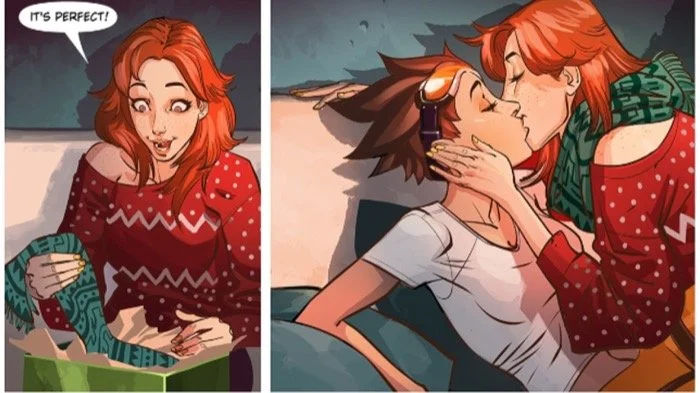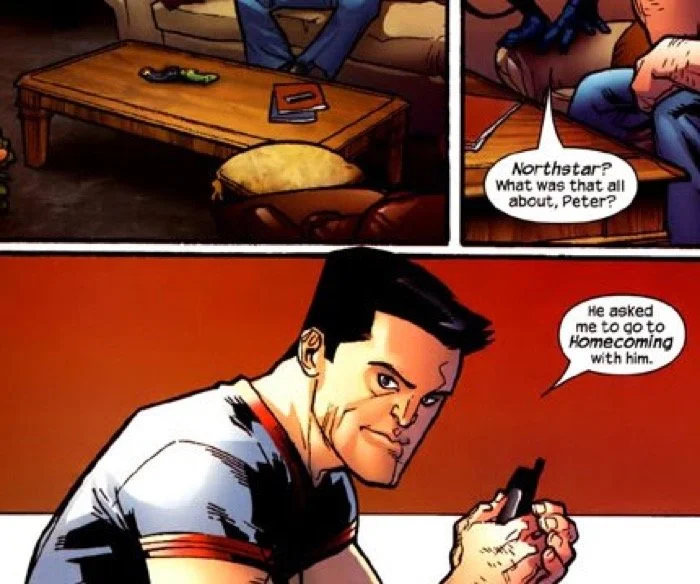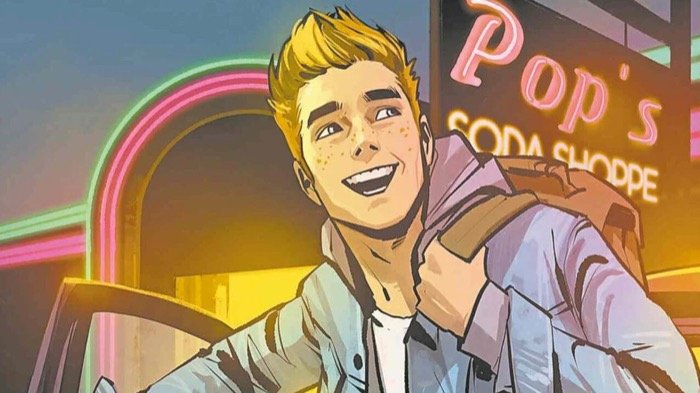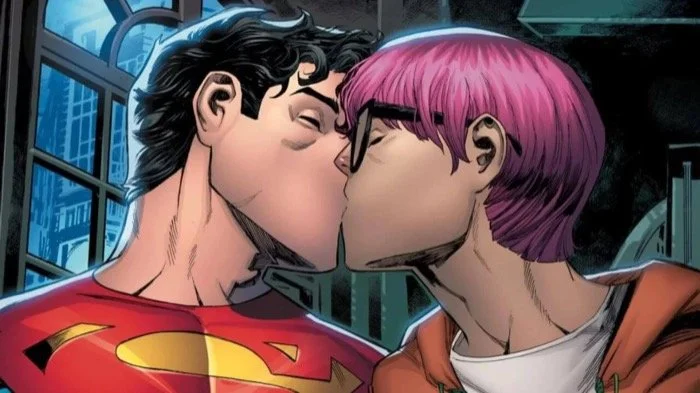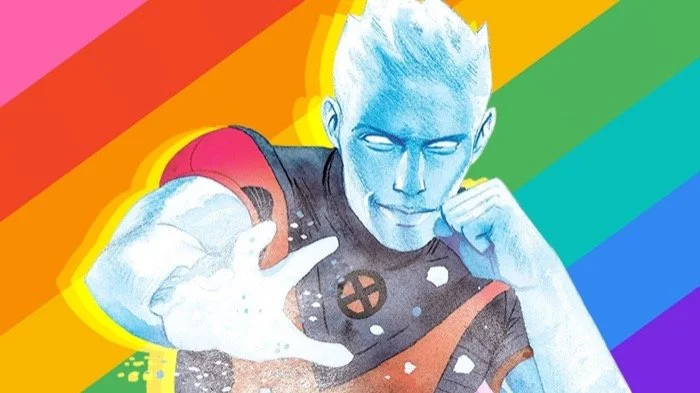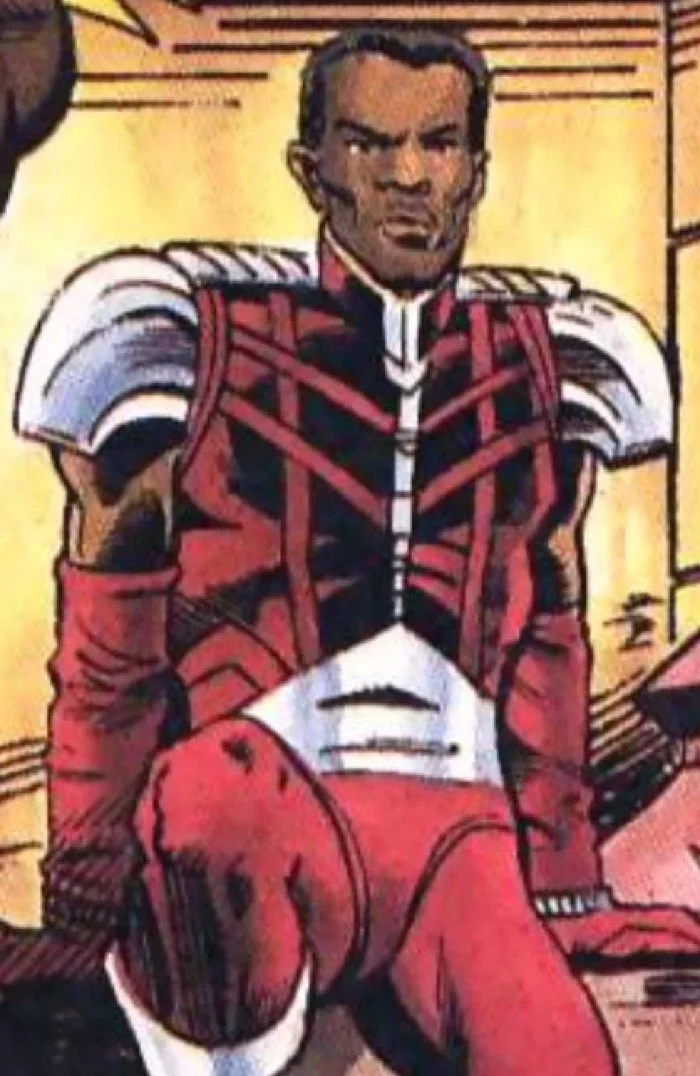10 LGBTQ+ Comic Characters To Read For Pride Month
Comic books have always been a medium that has allowed creators to develop an environment where people can see themselves in the characters being presented and open others' minds to the social acceptance of those different from them. The X-Men broke ground by being a comic that was a thinly veiled commentary on the racism of the 60s during the civil rights movement. Wonder Woman was created to show women could be just as powerful in the sexism of the 40s. Now, we are experiencing an influx of a more direct approach to homophobia as many characters are being developed as openly gay. To celebrate Pride Month, we've compiled a list, in no particular order, of LGBTQ+ comic characters to read.
Harley Quinn
We're kicking this list off with arguably the most famous LGBTQ+ character in comics at the moment. When she originally debuted on Batman the Animated Series, her role was meant to be nothing more than another one of Joker's goons. Proving to be popular amongst fans, her role expanded throughout the series and she became a staple of DC Comics. Over time, she became more than Joker's punching bag. She left Joker after years of abuse, found her own identity, and developed a famous relationship with fellow villain Poison Ivy. Her animated series on HBO Max (SPOILERS) has brought the character's sexual awakening onto the small screen and left season 2 with her and Ivy realizing their friendship is so much more. Season 3 is slated to drop sometime this summer and expand on the explosive finale.
RELATED:
Shela Sexton a.k.a Escapade
Marvel recently announced its newest character that will appear in this month's pride issue, Shela Sexton, who will be a trans mutant with the power to switch locations and bodies with other people. This gives her a unique perspective to put herself into the shoes of others at any given time. Not much is known yet about this character because she hasn't premiered. Though, the author gave some insight in a recent interview to shed some light on what to expect from the character in terms of personality and what drives her. "I think that Shela has experienced some rejection because of her transness, but also found a community that supports her and lifts her up, and this has changed how she thinks about being a hero for sure. She wants to be there for everyone who's been left behind, and she wants to help people feel like they can belong and be seen and loved. That was something I really hope everyone reading this comic, especially young trans people, take away from it."
Tracer
While Tracer made her original debut in the hit game Overwatch, it wasn't until she got her comic book series from Dark Horse Comics that fans found out that the character is lesbian. It was revealed that she has a relationship with a woman named Emily. This may not seem like a big deal at first glance, but women have often been sexually glorified in video games. Giving a character like this actual depth with a lesbian relationship that is portrayed as more than a sexual innuendo makes her more like a person and more identifiable with women and LGBTQ+ gamers. Blizzard said in a statement to EW, "As in real life, having variety in our characters and their identities and backgrounds helps create a richer and deeper overall fictional universe. From the beginning, we've wanted the universe of Overwatch to feel welcoming and inclusive, and to reflect the diversity of our players around the world."
Piotr Rasputin a.k.a Ultimate Colossus
The Ultimate Universe of Marvel comics was a breath of fresh air for long-time readers. Many big-name characters were given new looks, origins, and unique twists to stories already known. One character that received a major change was Colossus as this universe's version was confirmed to be gay and even shared a romance with fellow X-Men Northstar. While tending to Northstar while he was in the hospital, Northstar asks Colossus if he is single. Later, Colossus attends a homecoming dance with him. Upon finding out about the relationship, Nightcrawler was shocked and resented Colossus. While this causes friction between the teammates, eventually the two mend their broken relationship and are able to continue to work alongside each other. Seeing such a hulking and powerful figure as Colossus resorting to such a protective, softhearted person when with Northstar is truly an impactful reminder that gay people are just that, people. No matter the shape, size, or power one may hold, when they are with the right person those barriers can become nonexistent.
America Chavez
Making her MCU debut just last month in Doctor Strange In The Multiverse of Madness, America Chavez became the MCU's first lesbian hero. This may be the first time we've seen her on screen, but Marvel fans have been enjoying her in comics for over a decade now. While in remission for edges syndrome after being treated by her mothers, America's abilities began to come to light. The wealthy owner of the island where she was being treated begins to try to push America to use her powers, but her mothers were against his plans of manipulating the powers of the girls in their care. In an attempt to escape, America uses her abilities to open a star portal to leave the island with her sister. America escapes but her sister is snatched away from her at the last second. After teleporting, she washes up on a beach where she is found by the Santana family who takes her in. America suffers memory loss after the incident. As her powers increase and her memories return, her relationship with her new family crumbles and she leaves them to be true to herself. Her story is truly one of finding yourself and being true to yourself no matter the cost.
Kevin Keller
Archie comics have been around since 1939, so they have been no strangers to evolving over the years. In 2010 Archie comics introduced their first openly gay character, Kevin Keller. When he first moves to town, Veronica attempts to date him but Kevin is uninterested. As he becomes closer friends with Jughead, Kevin feels comfortable enough to reveal the reason he's not interested in Veronica is that he isn't interested in women at all. After he comes out, Veronica is understanding and they end up becoming best friends. Readers come to find out that Kevin comes from a strict background being an Army brat, constantly moving around, and never having a solid place to call home. He ends up following in his father's footsteps and joins the U.S. Air Force where he meets his future husband. 2011 brought his own mini-series titled Kevin Keller, and 2012 showed his future wedding in the series Life With Archie
Jonathan Kent a.k.a Superman
This entry brought on much controversy for DC as headlines everywhere wrote "Superman Is Now Gay!" These headlines were ultimately a half-truth. Many people thought that DC was making Clark Kent gay, but they were actually revealing his son, Jonathan Kent, to be bisexual. This type of backlash is the exact type of thing that people in everyday life who come out try to fight daily. Being LGBTQ+ is not their defining factor, just another part of their identity. Readers have seen Jonathan Kent evolve over the years, from simply being the son of Superman to becoming the Superman of Earth. He shared a comic series with Damian Wayne when they were children, and eventually became Superman during Future State. The handling of his character's coming out was done in good taste, simply sharing a kiss with reporter Jay Nakamura. Leading up to the reveal, the series writer Tom Taylor put it best, "First and foremost I wanted to establish [Jon Kent] as Superman. I didn't want the narrative to be DC Comics creates new [bisexual] Superman. I wanted it to [later] be Superman comes out, because ... that is much more powerful. The next issue isn't going to be some big speech about it. The kiss is just something that happens in the comic."
Bobby Drake a.k.a. Iceman
Much like Jonathan Kent's coming out, Iceman's coming out as gay was met with a mixed reception as he had been portrayed for 50 years as a straight man up until his coming out in 2015. When Jean Grey read the mind of a time-displaced, younger Iceman, she learned that he had been keeping his sexuality a secret because he did not want to be both a mutant and gay. This would be followed up by a solo series for the character in which he came to terms with his sexuality and his powers. It looked as though the character's arc would be undone in the final issue of X-Men Extermination. When the X-Men return to their timeline, their memories were wiped and Iceman would have no memory of coming to terms with his sexuality in the past. The younger Iceman tells the older in the issue, "I'm not the same person. I don't want to go back to pretending I'm something I'm not." Luckily, the fans felt the same way. As time went on, other writers embraced Iceman's identity and fleshed this new side out.
Kate Kane a.k.a Batwoman
Kate Kane is another character who has existed in comics for a long time, but her modern version is the one most recognizable by readers. Much like Batman, the death of her family (mother and sister, not mother and father) is what drives her to fight crime. Following their deaths, she still had her father who remained supportive and helpful. She excelled in school and athletics and ended up being accepted into West Point Academy. Once there, she was accused of homosexual conduct. Though she was offered to stay as long as she took a demotion, she ultimately resigned. This led her down a spiraling path of alcoholism. Once she returned to Gotham, she would fall in love with Detective Renee Montoya after being pulled over for speeding. Their romantic relationship doesn't last, but Montoya remains a trusted ally and even helps in investigating the death of Kane's mother and sister. The modern version of Batwoman is strong-headed, intelligent, and a skilled fighter. Her stories are expansive as she's had a hand in many major Batfamily and DC storylines. Time has proven her to be one of the best characters DC has produced. She changed drastically from her initial introduction as a love interest to Batman after his character was under fire in the 50s for promoting homosexuality, as accused by Frederic Wertham in his book Seduction of the Innocent (1954).
Masquerade
This entry isn't a household name but is an important piece of DC Comics history. He is the first transgender character in their library, predating Coagula by only a few months. When Masquerade first premiered in Blood Syndicate #1, it appeared as though he was just another shape shifter. Always feeling as though he was a man trapped in a woman's body, Masquerade would use his powers to take the form he always felt to be true to himself. After an especially harsh battle, he was left brutally injured and didn't realize he had reverted back to his biological form. A teammate named Fade saw this and upon confronting Masquerade, he blackmailed the Fade into keeping this secret by revealing he knew Fade was gay. As time would go on, the character grew to dislike this team and left, but not before revealing his secret to them.
READ NEXT:
Source(s): Marvel Database [1], [2], cbr.com, DC Database, britannica.com, Washington Post, The Hill, marvel.com, Archie Comics Wiki, Gay Times


